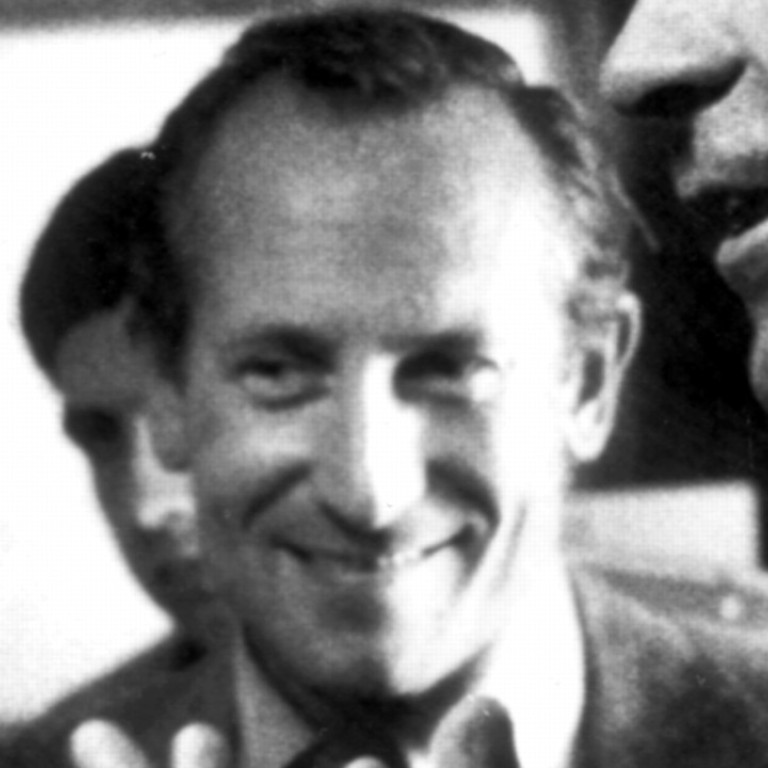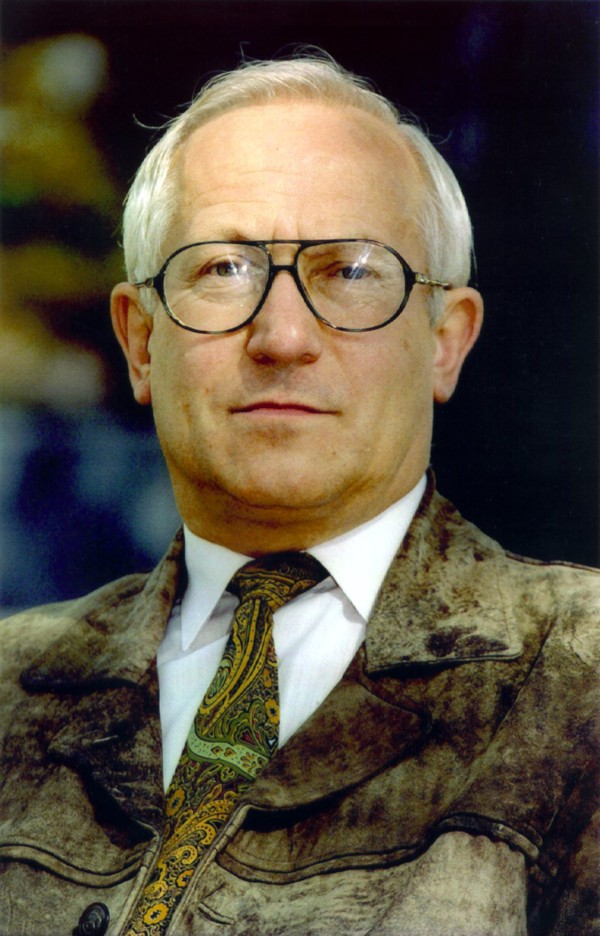
When UK and Russia last brawled over spies in 1985, it gutted both their embassies
The tit-for-tat expulsions followed the defection of KGB officer Oleg Gordievsky, and prompted UK ambassador to warn his bosses in London to ‘never engage in a p***ing match with a skunk’
The last mass expulsion of alleged Russian spies from London took place in September 1985, at the height of the cold war, when the British government ordered 25 Soviet diplomats to leave.
It triggered a wave of tit-for-tat expulsions that were halted only after the British ambassador in Moscow, irate at facing the effective closure of his embassy, pleaded with ministers to quit while they were ahead. “Never engage in a p***ing match with a skunk, he possesses important natural advantages,” Sir Bryan Cartledge advised in a telegram to London.
Margaret Thatcher had ordered the expulsion of Russian diplomats after the defection of Oleg Gordievsky, a former head of KGB operations in London, who had named KGB personnel operating in the Soviet embassy in London.

“Their retaliation was numerically proportionate. That was bad enough because, as they always do, they pick the Russian speakers because they know that is going to cause the maximum damage. So I lost all my Russian speakers at a stroke and a third of my staff,” Cartledge told the British diplomatic oral history project in 2007.
“The question then was: what did London do next? Mrs Thatcher and the foreign secretary, who was by then Sir Geoffrey Howe, were in favour of expelling a further half-dozen Russians who they wanted to get rid of. I argued against this when I was told … partly on purely practical grounds. I couldn’t afford to lose any more staff, but also because I couldn’t see where this was going to end.”

Downing Street papers released in 2014 showed there were lengthy deliberations over the scale of the initial expulsions. Howe favoured expelling nine but Thatcher’s decisive blue pencil circled 25 on the final options paper. They also considered restricting free travel for Soviet diplomats to within 32km of London.
The careful deliberations were also marked by a concern that expulsions could put back into the deep freeze the newly developing Anglo-Soviet dialogue that had begun earlier that year with Thatcher declaring the new Soviet premier, Mikhail Gorbachev, as “a man one could do business with”.
The Downing Street papers show that on the day Gordievsky’s defection was revealed to the world, Thatcher told the US president, Ronald Reagan: “We are making it clear to the Russians, on my personal authority, that while we cannot tolerate the sort of intelligence actions which Gordievsky has revealed, we continue to desire a constructive relationship with them.”
Cartledge, the British ambassador, agreed: “The Russians are realistic enough to expect us to take vigorous action on the basis of [Gordievsky’s] revelations to us,” he said. “The nature and strength of their reaction will depend on how far we can convince them that we nevertheless have not abandoned the larger objectives of a sustained dialogue.”

